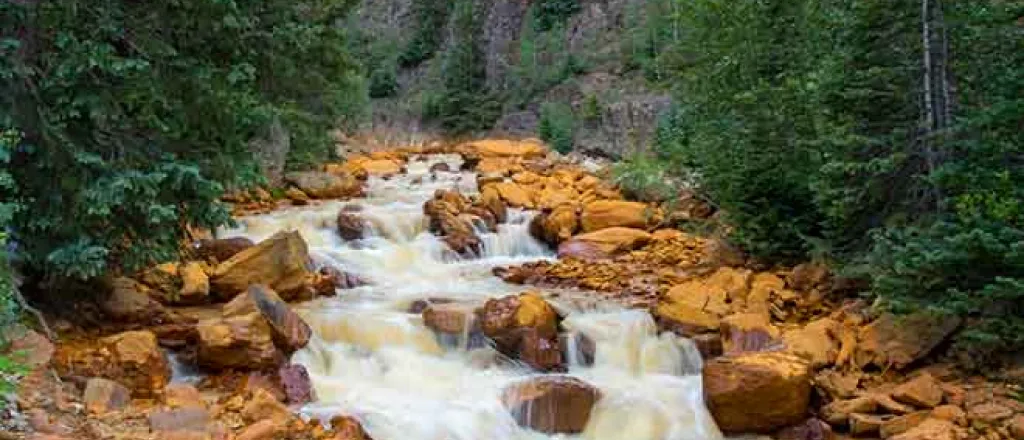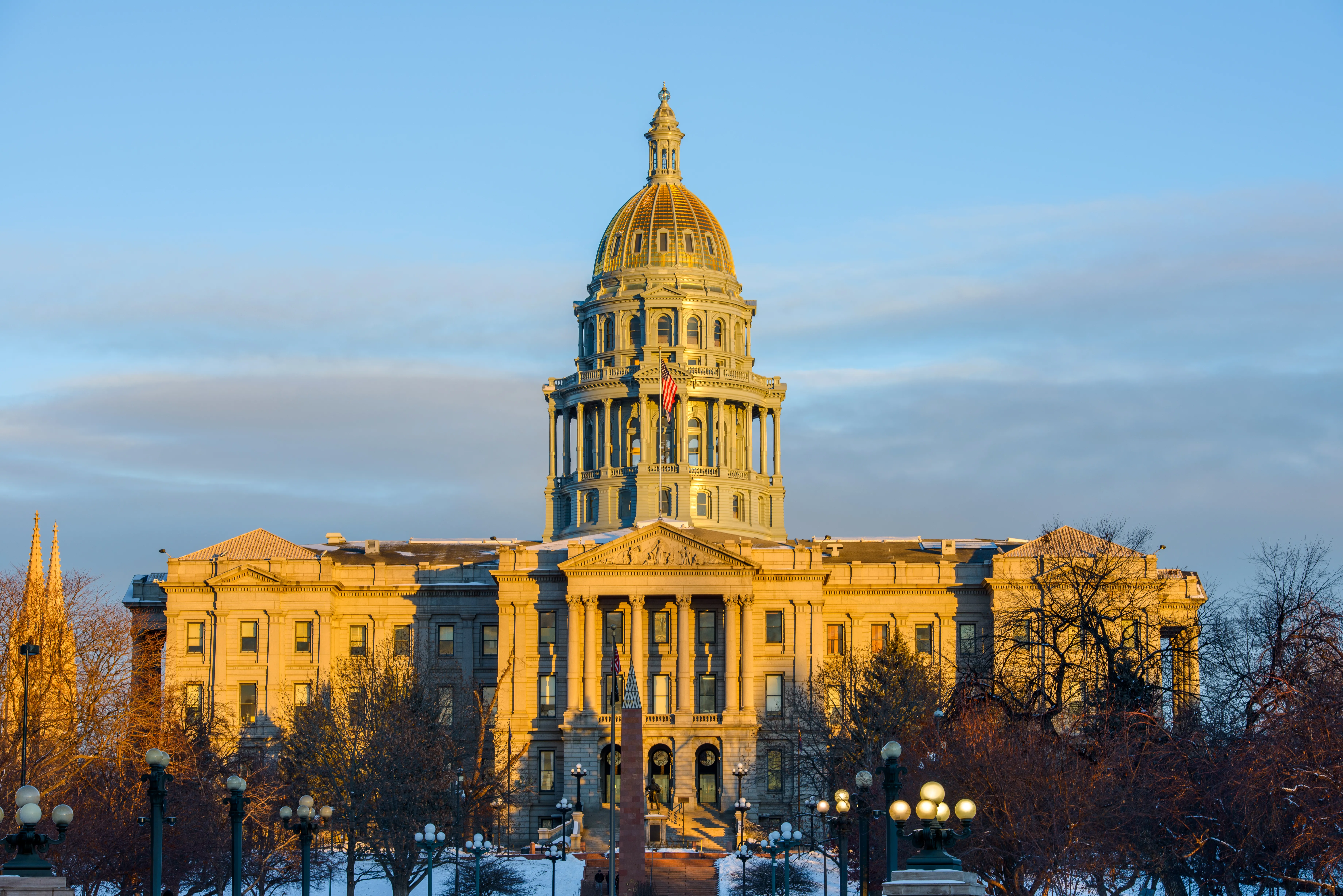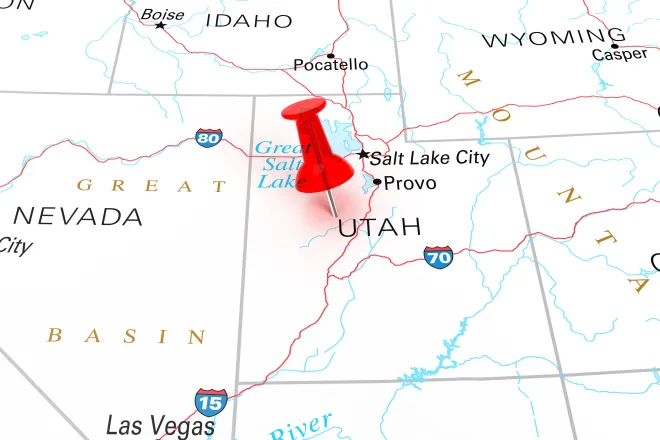
Federal water rule change receives mixed reviews in Colorado
By Derek Draplin | The Center Square
Elected officials and advocacy groups in Colorado responded to a change to a federal rule on water protections.
The previous rule, called “Waters of the United States,” or WOTUS, was established in 2015 by the Obama administration. That rule, however, was under intense scrutiny by Republicans, property rights groups, and several industries for what they perceived as federal regulatory overreach, citing it’s expansive interpretation.
That rule was repealed by the U.S. Environmental Protection Agency and the Department of the Army in September.
The new rule, called the Navigable Waters Protection Rule, was announced on Thursday at a builders’ industry trade show in Las Vegas.
The Trump administration says the new rule will still protect navigable waters from pollution but also will provide regulatory relief and more certainty for development.
“EPA and the Army are providing much needed regulatory certainty and predictability for American farmers, landowners and businesses to support the economy and accelerate critical infrastructure projects,” EPA Administrator Andrew Wheeler said in a statement. “After decades of landowners relying on expensive attorneys to determine what water on their land may or may not fall under federal regulations, our new Navigable Waters Protection Rule strikes the proper balance between Washington and the states in managing land and water resources while protecting our nation’s navigable waters, and it does so within the authority Congress provided.”
The new rule creates four different categories for bodies of water to be federally regulated under the Clean Water Act, and excludes certain types of bodies of water such as ditches.
The new rule drew broad criticism from Colorado Democrats and environmental groups that work in the state.
"In Colorado, we value our clean water. Our rivers, streams, and lakes serve as the lifeblood of our communities and help support our thriving outdoor and agriculture industries,” Gov. Jared Polis said. "Our administration will continue to reject attempts by the Trump administration to gut proven ways to protect our health and environment."
U.S. Rep. Ed Perlmutter, D-Colo., tweeted that the new rule “removes protections for smaller bodies of water & rolls back federal protections for smaller headwaters that have been protected for almost 50 years – including the Colorado River.”
Western Resource Advocates, an environmental advocacy group headquartered in Boulder, in a tweet urged state lawmakers “to stand w/ their communities & lead where the federal government won’t. We're calling on our leaders throughout the West to come together & safeguard healthy rivers & clean water.”
Republicans and some industry groups praised the rule change for reducing regulations.
"The uncertain interpretation of the term ‘navigable waters’ created by WOTUS has left farmers, ranchers and private land owners unprotected from federal land and water grabs,” U.S. Rep. Scott Tipton, R-Colo., said "Over the last three years, President Trump’s administration has worked to repeal unnecessary and burdensome regulations with updated versions that better suit the needs of our agricultural communities.”
Don Shawcroft, president of the Colorado Farm Bureau, which advocates for agricultural interests, said the new “rule provides clarity and stability for farmers and ranchers everywhere, ensuring that farmland remains healthy and productive, and our waters protected. It is a major win for Colorado agriculture."
Both the Colorado Chamber of Commerce and the National Federation of Independent Business-Colorado supported the rule change.
















